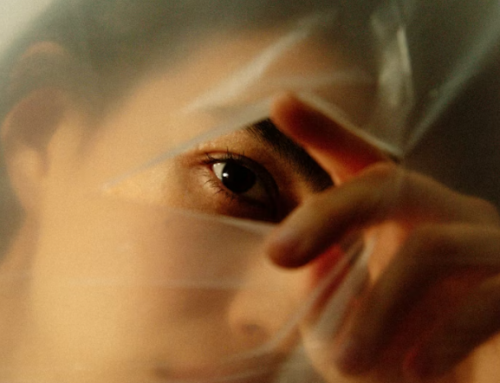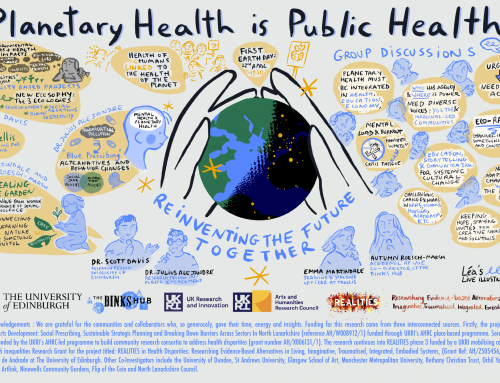A Blog by Sam Rowe, Creative Expressions Coordinator at Bethany Christian Trust
In January 2025, Bethany Christian Trust’s Creative Expressions department began drama workshops in a Scottish Men’s Prison to explore the participants’ experiences of neurodiversity and health/social systems. Our aim is to collectively write a piece of theatre that reflects these experiences, that can later be produced and toured to other prisons, conferences and training events.
This project follows on from the work we have been doing in the Scottish Criminal Justice system since 2020 (or 2016, for the departments coordinator prior to joining Bethany). This follows three main strands (i) devised performances written and performed by the participants (ii) professional touring productions of plays written through a participatory process and (iii) a storytelling programme for incarcerated parents and their children.
Through this second strand we have produced two previous pieces of work: Insiders explores the role faith in recovery, whilst The Ballad of Jack and Stacey follows one young man and his relationship with his partner and children as he serves a prison sentence. Both of these productions came about almost by accident, as they were written in and around the Covid-19 lockdowns when strand (i) of our work became impossible.
When lockdown lifted, Insiders toured to eleven of Scotland’s thirteen male adult prisons and played to over 400 inmates, whilst Jack and Stacey has visited ten prisons and a number of groups in the community. Whilst each play deals with potentially heavy themes, both are strongly influenced by principles described by John McGrath in A Good Night Out: Popular Theatre: Audience, Class and Form for engaging non-traditional theatre going audiences in drama, which lifts them to be entertaining and enjoyable.
These principles include clarity of meaning, use of music and humour, local references, unabashed emotion and the influence of variety performance. Both productions have been very well received; of the hundreds of feedback forms we have received well over 75% have ranked the shows as ‘Excellent,’ with the vast majority of the remainder ranking them ‘Good.’ The forms often include moving comments on how the productions have led to reflection on audiences’ own lives:
It helped me to understand about what I have done and what thoughts I put my victims through.
Although lately I’ve been and felt lost, about to give up, I have new hope. If I can feel that, then even the hardest in prison might. Thank you for this.
It showed that people do understand the struggles and hard times inside, and that there is hope and help there for us.
As this new project is also research, we are seeking to establish an ongoing, relational ethical consent process. To do so, we acknowledge the power we hold as artist/facilitators with training and experience to produce a high-quality piece of creative work, but at the service of the participants as we incorporate their suggestions and ideas and invite them into a co-authoring relationship, with editorial oversight. During the first five workshops, we have noted a few key themes emerging from our discussions:
- Unsureness and debate around what constitutes neurodiversity, how it is recognised and how to access diagnosis
- A stress on the transformational power of peer support
- The consistency of a sense of self as a good person within systems that can seem excessively punitive, negative and cold
Now, we are at a point where we are developing characters and a narrative framework around which we can build a script that deepens our exploration of these themes. The play will continue to be developed over the spring and summer, with a view to present its public debut at the Scottish Mental Health Arts Festival on November 6th, 2025, at the Scottish Storytelling Centre. To find out more, click here.





